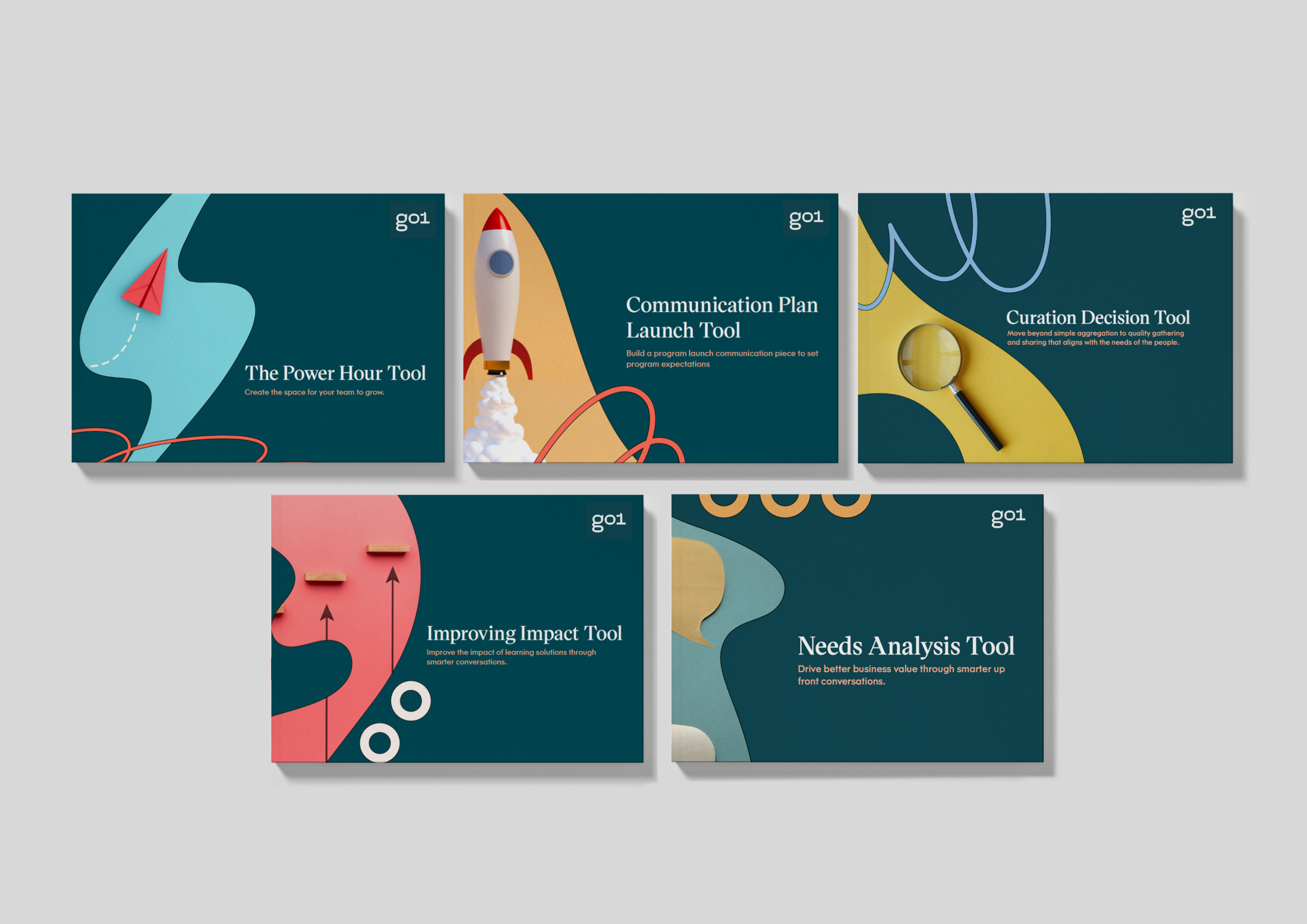
Are you working on your next e-learning course and want to give it a little pizzazz to brighten it up?
Of course, one of the first things you think about it adding bright colors and this is a great idea – it’s just what you need to make your course attractive, fun and engaging for employees.

Don’t underestimate what a nice shade of purple or yellow can do for your e-learning course!
But, colors don’t just look pretty – they can help with learning too. They’re a form of visual communication, which is particularly important when we’re talking about e-learning courses since they’re all about having a visual impact on the learner.
The power is in the color. It’s about being distinctive and impactful with your selection to communicate your key information and ideas.
Think about it – how boring is a black and white, plain slideshow. Everything looks the same and you can see everyone’s eyes glazing over within a few minutes. Imagine how great the same slideshow could be with some color, not to mention more valuable for learning.
Don’t believe us? Let’s break it down and have a look at how colors can help with learning and what ones you can use!
Make Learning Fun
What we love about e-learning courses it that everything’s simple. It’s a fun way to learn and improve your skills. But, this doesn’t apply when the content is boring!
All the information should be made into an easy to digest way that covers all the important stuff, but in an engaging way. Using color is the way to do this.
All you need is a little color and this makes thing more positive and encouraging for learners.
Of course, you don’t want to chuck in too many colors or ones that clash – that’s what will make things confusing for learners. They won’t know where to look! Keep it simple and striking for the most impact and enjoyment.
Separate Ideas
It might sound silly at first, but hear us out. Colors can actually help you to see information better. Now, we don’t mean physically seeing the words – we mean seeing different concepts and separating them from one another to understand them better.
In this way, you can use colors to represent key information in your e-learning course and make it easier to understand. In addition, learners will be more likely to remember them because they are in distinctive colors. It all works as a code that the brain can remember.
The options are endless since you can match the colors to important graphs and diagrams. You can also use it to guide learners through the topics and make certain parts eye-catching and stand out.
Storytelling and Portraying Emotion
E-learning courses are designed to get learners thinking and storytelling is often a great way to do this. This is where colors can come in to help out!
Often warmer colors, such as orange and red, are used for excitement and to get your attention, while cooler colors, like blue and green, can have a more calming effect.
Using colors is a way to convey ideas to employees that will be memorable and help everyone process what’s going on.
Just be sure to test run your course first. You don’t want to spend all your time designing a course just for it to look confusing and unprofessional.
What Colors Mean
So, now you’ve seen exactly how colors can brighten up your e-learning course, let’s find out what shades you can use.
Red
The color red is often used to show energy and excitement. By using red on information in your course, you can motivate your learners and highlight key situations they should take notice off.
Sometimes red is also used for urgency and strength. It’s definitely known for being a stand out color since it’s used on stop signs across the country.
Yellow
When you think about the color yellow, what do you see? It’s a bright color often associated with flowers and cheerful situations, which means it will tie in with positivity and optimism in your e-learning course.
In addition, yellow is often said to boost your memory. This means you can highlight important information in yellow so it’s more likely to be remembered. Just be careful, since yellow can disappear on a white background.
Green
If you have a lot of anxious learners, such as new employees, look to the color green for some positive and safe vibes. Green is referred to as the tranquil and peaceful color, often associated with being eco-friendly.
Relaxing vibes can be just want new employees need to help them settle in during training!
Blue
Another great color for introductory courses and new employee training is blue. This also has a calming effect and it’s actually a lot of people’s favorite color. It’s easy to see and bold, which means you can get your message across clearly to your audience.
Purple
The fun one in the group is definitely purple! This color is upbeat and vibrant, which gives off positive and creative vibes. Purple is often used to be different and stir up ambition, which makes it a great addition to your e-learning course.
Black
Last, but not least, black. This is often thought to be a formal color, but when it’s used correctly, it can portray strength and power. It also looks perfect when it’s contrasted with bright colors!
So, there you have it – that’s how you can brighten up your new e-learning course. Nothing has to be complicated, it’s all about adding some color here and there to help your learners absorb information and stay engaged with the content.
Get started with Go1 Premium now!





